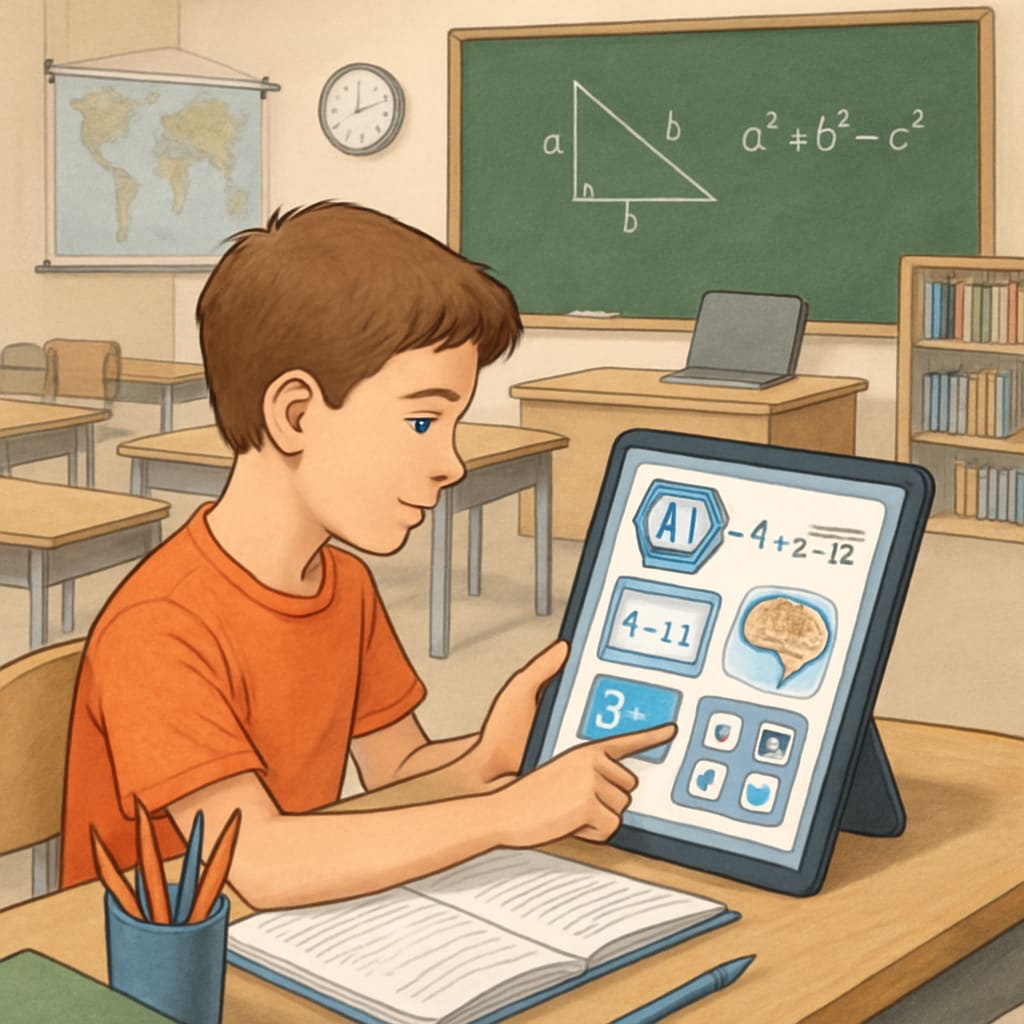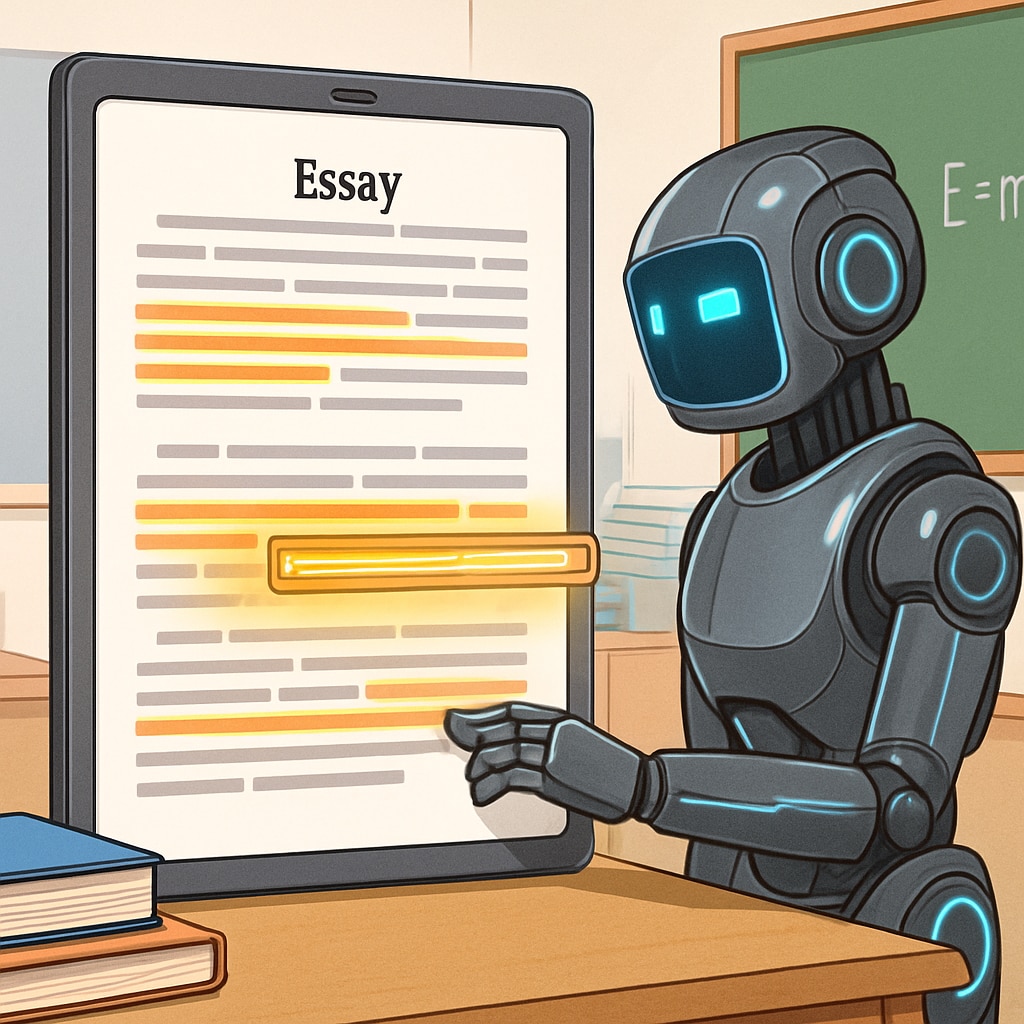Artificial intelligence (AI) is gradually embedding itself into the fabric of school education, promising significant future impacts on learning systems around the globe. In the next 5 to 10 years, AI is expected to transform traditional K12 education by introducing personalized learning tools, altering the role of teachers, and reshaping evaluation methods. This article delves into these transformations, highlighting the opportunities and challenges they bring, and how educators can adapt to this educational revolution.
Personalized Learning: Tailoring Education with AI
One of the most significant contributions of AI to school education is its ability to offer personalized learning experiences. Unlike traditional teaching methods, which often follow a one-size-fits-all approach, AI-powered platforms can analyze individual student data, such as their learning pace, strengths, and weaknesses. This allows for tailored lesson plans that address specific needs.
For example, AI-based tools like adaptive learning software can adjust the difficulty level of content in real-time. If a student struggles with a concept, the system provides additional resources or exercises to reinforce understanding. Conversely, advanced learners can move ahead without waiting for the rest of the class. As a result, students are more likely to stay engaged and achieve better outcomes.

Redefining the Role of Teachers in AI-Driven Classrooms
The integration of artificial intelligence into classrooms does not threaten to replace teachers. Instead, it redefines their roles, transforming them into facilitators and mentors. AI can handle repetitive administrative tasks such as grading assignments, tracking attendance, and analyzing performance data, freeing up educators’ time to focus on more meaningful interactions with students.
Moreover, teachers can utilize AI tools to gain deeper insights into their students’ learning habits. For example, predictive analytics can identify students at risk of falling behind, enabling timely intervention. This allows educators to provide targeted support where it is most needed, improving overall class performance.
However, this shift also necessitates upskilling for teachers. Educators must familiarize themselves with AI technologies to effectively integrate them into their teaching strategies. Professional development programs and workshops will play a crucial role in this transition.
Revolutionizing Assessment Systems with AI
Traditional assessment methods often fail to capture the true scope of a student’s abilities. AI offers the potential to revolutionize evaluation systems by leveraging data analytics, natural language processing (NLP), and machine learning. Automated grading systems can evaluate not just multiple-choice answers but also essays and open-ended responses, ensuring fairness and consistency.
In addition, AI can provide real-time feedback to students, helping them understand their mistakes and improve immediately. For teachers, these systems generate detailed reports on individual and group performance, offering valuable insights for curriculum adjustments.

Despite these advantages, challenges remain. Issues such as data privacy, algorithmic bias, and over-reliance on technology must be addressed to ensure ethical and effective use of AI in assessments.
Opportunities and Challenges Ahead
The integration of AI in K12 education brings several opportunities:
- Enhanced engagement through interactive and adaptive content.
- Improved access to quality education for students in remote areas.
- Reduction in administrative workload for teachers.
However, it also poses challenges: ensuring equitable access to AI tools, addressing potential biases in algorithms, and maintaining the human element in education. Policymakers, educators, and technologists must collaborate to create frameworks that maximize benefits while mitigating risks.
Conclusion: Artificial intelligence is poised to reshape K12 education profoundly over the next decade. By embracing AI-driven tools, educators can create smarter classrooms that cater to individual needs, redefine teaching roles, and implement fairer evaluation systems. While challenges remain, proactive measures can ensure that this transformation benefits all stakeholders, ushering in a new era of learning.


